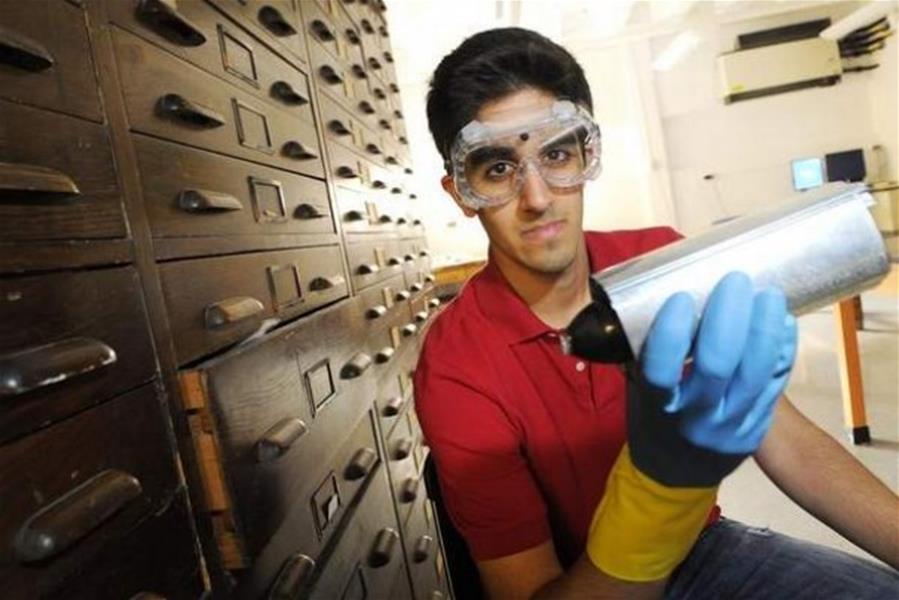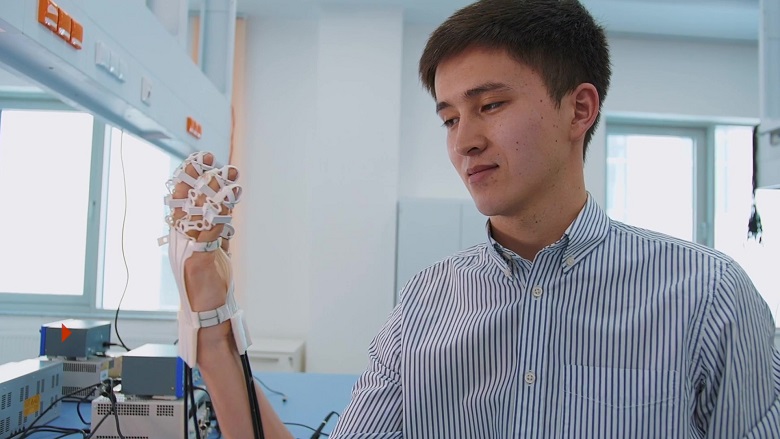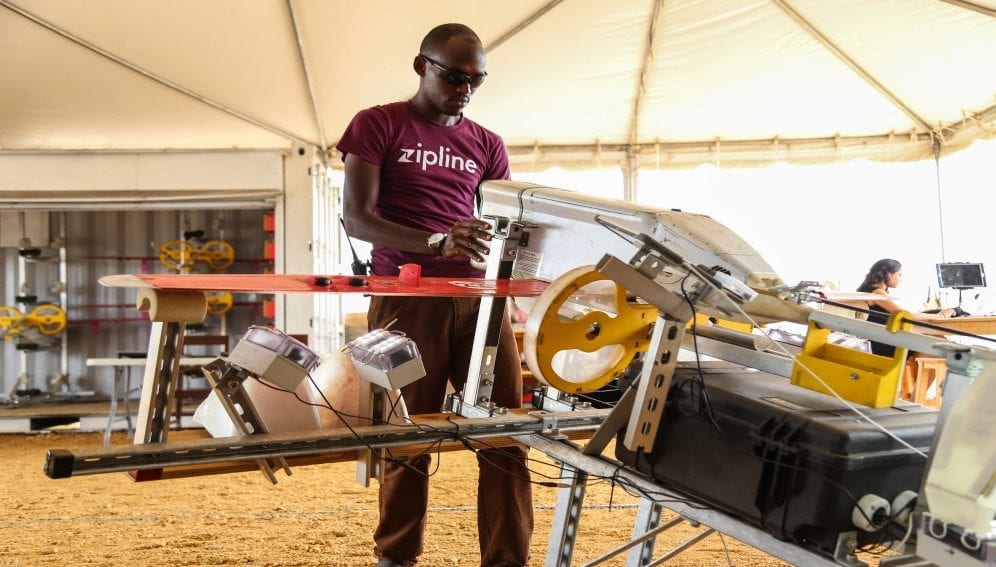Discover the innovative solutions developed by young inventors in developing countries, addressing unique challenges and creating positive change within their communities.
KEY TAKEAWAYS
- Young inventors in developing countries are driving innovative solutions to address pressing challenges.
- Their unique perspective and innovative mindset contribute to positive change in their communities.
- Examples of innovative solutions include affordable medical devices and mobile health technologies in healthcare, e-learning platforms and low-cost learning tools in education, and renewable energy and waste management innovations in clean energy.
- Young inventors face challenges such as limited resources and funding, but supportive environments and mentorship programs can help overcome these obstacles.
- Continued support and investment in young inventors’ endeavors are crucial for sustainable development in developing countries.
In the face of formidable challenges, a new wave of change is sweeping across developing countries, driven by the ingenuity and determination of young inventors. These remarkable individuals are harnessing their creativity and innovative spirit to develop solutions that address pressing issues and create a brighter future. From healthcare and education to clean energy, their visionary ideas and pioneering efforts are transforming communities and shaping sustainable development.
In this article, we delve into the world of innovative solutions by young inventors in developing countries. We explore the invaluable contributions they bring, their unique perspectives, and their unwavering commitment to making a difference. By understanding the role they play and the real-world scenarios they have revolutionized, we gain insight into the incredible impact young inventors are making. Through affordable medical devices, e-learning platforms, renewable energy solutions, and more, they are redefining possibilities and shaping the destiny of their nations.
Join us on this journey to celebrate the remarkable achievements of these young inventors and discover how their innovative solutions are shaping the landscapes of developing countries for the better.
Understanding the Role of Young Inventors
Young inventors play a crucial role in driving innovation and finding creative solutions to the challenges faced in developing countries. Their unique perspective and innovative mindset bring fresh ideas and approaches to problem-solving, making a significant impact on the development and progress of these nations.
Unique Perspective and Innovative Mindset
Young inventors possess a unique perspective that stems from their diverse backgrounds, experiences, and exposure to technology. Growing up in an era of rapid technological advancements, they have a deep understanding of digital tools and their potential applications. This familiarity with technology allows them to think outside the box and envision innovative solutions to complex problems.
Furthermore, young inventors often lack preconceived notions and established ways of doing things, which enables them to approach challenges with a fresh perspective. Their curiosity and willingness to take risks enable them to explore unconventional ideas and experiment with new approaches. This mindset fosters innovation and opens doors to groundbreaking solutions that can address the specific needs of developing countries.
Driving Positive Change in Developing Countries

Young inventors have the potential to drive positive change in developing countries by addressing pressing challenges and improving the quality of life for their communities. Their innovative solutions can bring about transformative impacts in various sectors, including healthcare, education, agriculture, energy, and infrastructure.
In healthcare, for example, young inventors have developed low-cost medical devices, mobile applications for remote healthcare delivery, and diagnostic tools tailored to resource-limited settings. These solutions have the potential to bridge the gap in healthcare accessibility, improve diagnosis and treatment, and save lives.
In the education sector, young inventors have leveraged technology to develop e-learning platforms, interactive educational tools, and mobile applications that enhance access to quality education. These innovations can overcome barriers to education in remote areas, provide personalized learning experiences, and empower individuals with knowledge and skills.
In agriculture, young inventors have created innovative farming techniques, agricultural drones, and mobile apps to optimize crop yields, improve water management, and facilitate market access for farmers. These solutions address the challenges faced by farmers in developing countries, such as limited resources, climate change, and market inefficiencies, leading to increased productivity and economic growth.
Furthermore, young inventors have developed renewable energy solutions, such as solar-powered devices and clean cooking technologies, to address energy poverty and reduce reliance on fossil fuels. These innovations contribute to sustainable development, environmental conservation, and improved livelihoods for communities in developing countries.
By harnessing their innovative mindset and leveraging their understanding of local challenges, young inventors can drive positive change in developing countries. Their solutions have the potential to create sustainable and inclusive development, empower communities, and uplift the socio-economic conditions of these nations.
Overall, young inventors bring a unique perspective and innovative mindset to problem-solving in developing countries. Their ability to think creatively, embrace technology, and challenge traditional approaches positions them as catalysts for positive change. By developing innovative solutions tailored to the specific needs of their communities, young inventors have the potential to address pressing challenges, drive sustainable development, and transform the future of developing countries.
Real-World Scenarios: Examples of Innovative Solutions

In developing countries, young inventors have harnessed their creativity and entrepreneurial spirit to develop innovative solutions that address pressing challenges. Their contributions span various sectors, including healthcare, education, and clean energy, where their inventions have made a tangible impact on improving lives and promoting sustainable development.
Healthcare
Affordable Medical Devices
Young inventors have created affordable medical devices that have revolutionized healthcare accessibility and affordability in developing countries. For instance, low-cost diagnostic tools such as portable ultrasound devices, handheld electrocardiogram (ECG) machines, and smartphone-based microscopes have enabled early detection and improved disease management. These inventions have significantly reduced the cost of healthcare services and brought them within reach of underserved communities, leading to improved healthcare outcomes and reduced mortality rates.
Mobile Health Technologies
Innovative mobile health technologies developed by young inventors have played a pivotal role in expanding access to healthcare in remote areas. Telemedicine apps and platforms have connected patients with doctors through virtual consultations, enabling timely medical advice and reducing the need for travel to distant healthcare facilities. Health tracking devices and mobile apps have empowered individuals to monitor their health, track vital signs, and manage chronic conditions effectively. These solutions have not only increased healthcare access but also promoted preventive care and patient empowerment.

Education
E-Learning Platforms
Young inventors have made significant contributions to the field of education by creating e-learning platforms and digital educational resources. These platforms offer interactive and engaging learning experiences, allowing students in remote areas to access quality education. Through video lectures, interactive quizzes, and online forums, students can learn at their own pace and overcome barriers such as limited access to qualified teachers and educational infrastructure. These e-learning platforms have opened doors to educational opportunities and have the potential to bridge the educational gap in developing countries.
Low-Cost Learning Tools
Young inventors have also developed low-cost learning tools that have the potential to transform education in resource-constrained settings. Solar-powered tablets, educational games, and interactive learning devices have made learning more engaging and accessible for students in areas with limited electricity and internet connectivity. These tools provide access to educational content, promote self-directed learning, and enhance digital literacy. By leveraging technology and creating affordable learning solutions, young inventors are breaking down barriers and enabling education for all.
Clean Energy
Renewable Energy Solutions
In the realm of clean energy, young inventors have developed innovative solutions that promote sustainable development and address energy challenges in developing countries. Solar-powered devices, such as solar lamps and solar panels, have provided affordable and clean energy alternatives, particularly in off-grid areas. Biogas systems that convert organic waste into usable energy have mitigated environmental pollution and provided a renewable energy source for households. These solutions have not only improved energy access but also reduced reliance on fossil fuels, leading to a greener and more sustainable future.
Waste Management Innovations
Young inventors have also focused on addressing environmental challenges through innovative waste management solutions. Recycling technologies and waste-to-energy systems have helped reduce waste accumulation, promote recycling, and generate clean energy from waste materials. These innovations contribute to environmental conservation, mitigate pollution, and foster a circular economy. By tackling waste management issues, young inventors are paving the way for a more sustainable and environmentally conscious future.
Overall, young inventors in developing countries have showcased their ingenuity and creativity by developing innovative solutions in the healthcare, education, and clean energy sectors. Their affordable medical devices, mobile health technologies, e-learning platforms, low-cost learning tools, renewable energy solutions, and waste management innovations have brought about positive change, improved access to essential services, and promoted sustainable development. Through their inventions, young inventors are shaping a better future for their communities and driving progress in developing countries. These young inventors are not only addressing the unique challenges faced in their respective regions but also making a global impact by inspiring others and serving as role models for innovation and entrepreneurship.
Their innovative solutions in healthcare have increased access to affordable medical devices and mobile health technologies, revolutionizing the way healthcare is delivered and improving health outcomes. By developing diagnostic tools and telemedicine apps, they have bridged the gap between healthcare providers and underserved populations, ensuring that quality healthcare reaches even the most remote areas. These advancements have resulted in the early detection of diseases, improved accuracy in diagnosis, and ultimately, better patient outcomes.
In the education sector, the contributions of young inventors have paved the way for inclusive and accessible learning. Through e-learning platforms and low-cost learning tools, they have empowered students in resource-constrained settings to access quality education. These solutions have not only expanded educational opportunities but have also fostered digital literacy and self-directed learning, enabling students to acquire knowledge and skills that will shape their futures and contribute to the development of their communities.
Overcoming Challenges and Fostering Support
While young inventors in developing countries demonstrate remarkable innovation and creativity, they often face unique challenges that can hinder their progress. Overcoming these obstacles requires the establishment of supportive environments, mentorship programs, and collaborative networks that foster the growth and success of these young inventors.
Limited Resources
One of the primary challenges faced by young inventors in developing countries is the scarcity of resources. Limited access to research facilities, state-of-the-art equipment, and funding can significantly impede the development and implementation of their innovative solutions. Many young inventors have to find creative ways to work with the resources they have, repurposing existing materials or utilizing low-cost alternatives. However, a lack of resources should not deter their ingenuity and determination. Governments, organizations, and stakeholders must recognize the potential of these young inventors and provide them with the necessary resources, such as grants, scholarships, and access to laboratories and prototyping facilities.
Funding and Financial Support
Securing funding is another significant challenge for young inventors in developing countries. Traditional sources of funding may be limited or inaccessible, making it difficult for them to obtain the necessary capital to prototype, test, and bring their innovative solutions to market. To overcome this challenge, it is essential to establish funding mechanisms specifically tailored to support young inventors in developing countries. This can include government grants, venture capital funds, crowdfunding platforms, and partnerships with private corporations. Moreover, initiatives that raise awareness about the importance of investing in young inventors and their potential to drive economic growth and social development can attract additional financial support.
Infrastructure and Technical Support
Inadequate infrastructure and technical support pose significant challenges for young inventors in developing countries. Access to reliable electricity, internet connectivity, and advanced technologies is essential for the development and scaling of their innovative solutions. Governments and organizations need to invest in improving infrastructure and providing technical support through innovation hubs, incubators, and makerspaces. These spaces can offer young inventors access to state-of-the-art equipment, mentorship from experts, and opportunities for collaboration with peers. By building a robust innovation ecosystem, developing countries can create an environment that nurtures and supports young inventors, enabling them to overcome technical limitations and turn their ideas into reality.
Mentorship and Collaborative Networks
Mentorship programs and collaborative networks play a crucial role in supporting young inventors in developing countries. Mentors with relevant expertise can guide and inspire young inventors, providing valuable insights, advice, and access to networks. Establishing mentorship programs that connect experienced professionals with young inventors can facilitate knowledge transfer, skill development, and access to potential funding and market opportunities. Additionally, creating collaborative networks and platforms where young inventors can connect, share ideas, and collaborate with their peers fosters a supportive ecosystem that nurtures their growth and encourages the cross-pollination of innovative ideas.
By addressing these challenges and fostering supportive environments, developing countries can unlock the potential of their young inventors and drive innovation-led development. Recognizing the importance of providing resources, funding, infrastructure, mentorship, and collaborative networks to young inventors is essential for creating an ecosystem that nurtures their creativity, encourages risk-taking, and rewards their entrepreneurial spirit. With the right support systems in place, young inventors in developing countries can overcome barriers, unleash their potential, and make lasting contributions through their innovative solutions to tackle local challenges and improve the lives of their communities.
Final Thoughts
Innovative solutions developed by young inventors in developing countries are transforming communities and addressing pressing challenges. Despite facing unique obstacles such as limited resources, funding constraints, and inadequate infrastructure, these young inventors are making a significant impact through their creativity and determination. By fostering supportive environments, mentorship programs, and collaborative networks, we can unlock their full potential and drive positive change.
Through their groundbreaking work in healthcare, education, clean energy, and other sectors, these young inventors are improving access to affordable medical devices, revolutionizing education through e-learning platforms, creating renewable energy solutions, and tackling waste management challenges. Their solutions not only address local needs but also have the potential to inspire global change.
Recognizing the importance of investing in young inventors is crucial. By providing resources, funding opportunities, access to infrastructure, mentorship, and collaboration platforms, we can nurture their talent and enable them to overcome challenges. These young inventors represent a beacon of hope, exemplifying the transformative power of innovation and entrepreneurship.
The innovative solutions developed by young inventors in developing countries demonstrate the limitless possibilities that arise when creativity, passion, and support come together. Through their efforts, they are shaping a better future for their communities and inspiring others to follow in their footsteps. By fostering an ecosystem that supports and empowers young inventors, we can create a world where innovative solutions thrive, transforming the lives of millions in developing countries and beyond.

